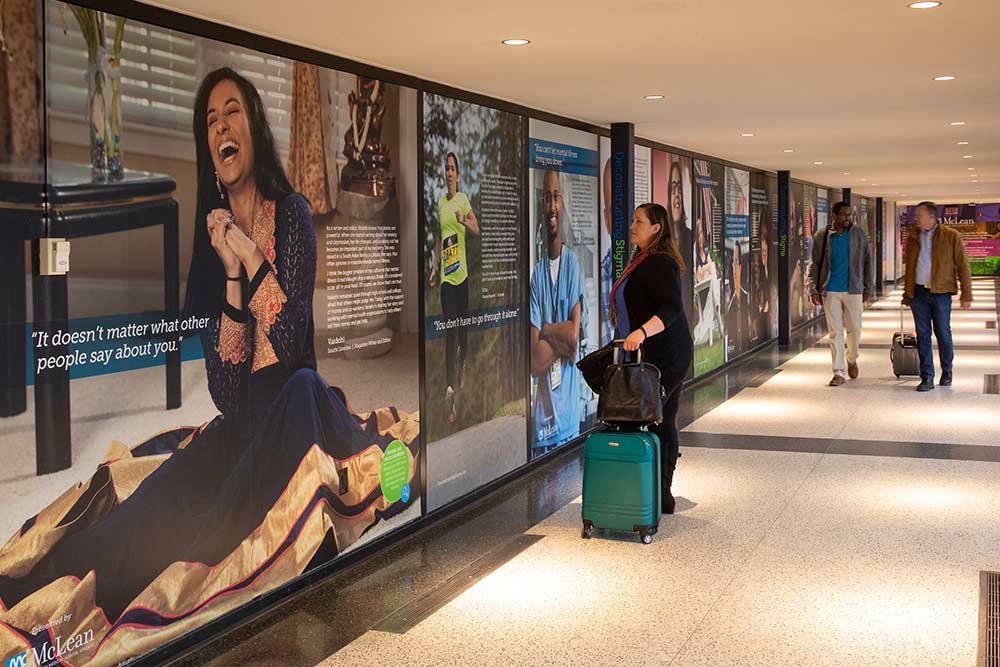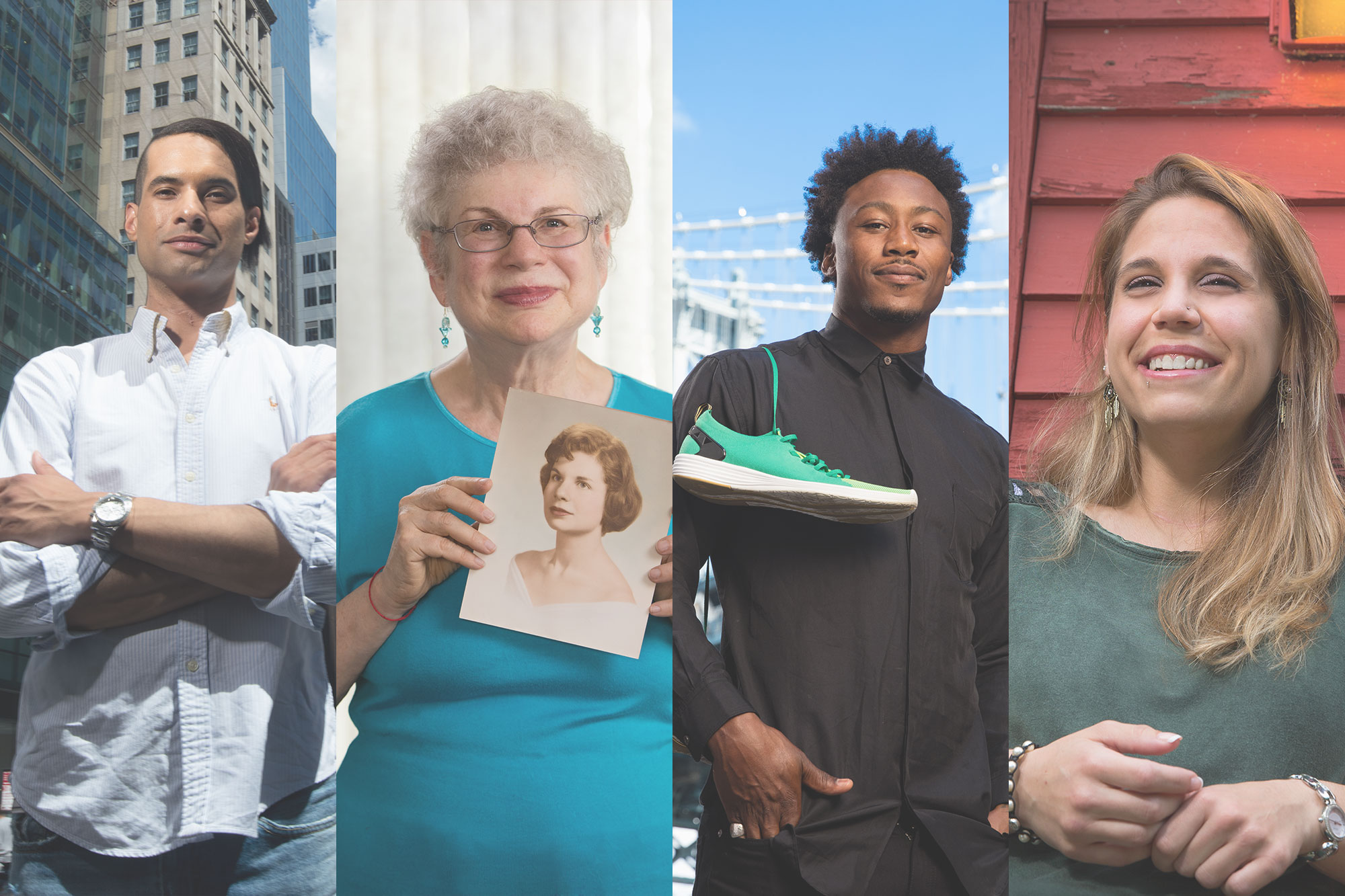Until I struggled, I never knew the full spectrum of what it means to be human
Lena began to struggle with her mental health during her first year as a medical resident at a large teaching hospital in Boston.
I had a hard time believing that I fit into the program’s culture and prestige. I didn’t feel like I went to one of the best med schools, so I questioned if I belonged. I almost felt I had gotten into the program by some sort of mistake.
Lena tried to push her feelings down, but they ended up engulfing her. She experienced severe anxiety about how she performed in comparison to her colleagues. She spent hours writing patient notes that should have taken minutes. Her chest ached constantly, and her sleep-wake cycle was severely disrupted. For several nights in a row, she only slept for an hour or two, until she would eventually collapse.
Perhaps hardest of all, Lena was isolated in her pain. She kept her mental health struggles hidden and had difficulty making genuine connections with peers. She knew her situation was serious when she hid these issues from her family, especially her twin sister, with whom she is very close.
Fortunately, Lena’s residency program mentor noticed something was not right and called Lena into her office. The mentor’s gentle concern prompted Lena to break her silence.
It was comforting to open up to her. I looked up to her not only as a female physician, which I aspired to be one day, but also because she was very open with me. She told me about her own personal struggles throughout residency and made me feel like I wasn’t the only one struggling.
Lena initially resisted getting help, but over the course of two months, her mentor checked in weekly, sometimes daily, to urge Lena to do so. One day, when Lena stopped responding to texts, her mentor brought her lunch. She ended up walking Lena to the company’s employee assistance program (EAP).
I don’t think without her actually physically guiding me there that I could have done it myself.
The EAP connected Lena to McLean Hospital’s Behavioral Health Partial Hospital Program, where she was diagnosed with depression, generalized anxiety disorder (GAD), and obsessive compulsive disorder (OCD). Her treatment involved talk therapy and medication.
I was always against the idea of medication. I loved it when friends or family told me that they were doing it. But for some reason, in my own head, I thought I would not be someone who needed it. I was very humbled to find out that I needed it to start to feel better.
Lena’s sleep cycle became regulated, and her chest pain began to melt away. She started to focus on taking care of herself and, for the first time, opened up about her struggles with her family.
I’m first generation Chinese American.
In Asian culture, mental health is not something we talk about. When I was growing up my parents never discussed it at all, even though my dad dealt with episodes of major depression throughout his life, and my twin sister went through depression when we were in college together.
When I was struggling, my family was more supportive than I had anticipated.
Lena went on to share her experiences with her medical peers. In her second year of residency, Lena spoke on a mental health panel for residents.
That experience was life-shifting. Just talking about it was liberating because I didn’t have to pretend I was somebody I wasn’t. I was truthful about what had happened to me. I wasn’t scared of the consequences anymore. I just wanted to help somebody else.
Maybe there was one person in the audience who was going through something remotely similar. I just wanted to be that source of guidance for them.
By the time Lena became a fourth-year resident in her hospital’s neurology department, she was spearheading a mental health committee for the division. Being able to confront her own mental health challenges and be open about her experiences fills Lena with gratitude.
This experience has made me appreciate the emotional ups much more, having gone through all the downs as well. Until I struggled, I never knew the full spectrum of what it means to be human.

